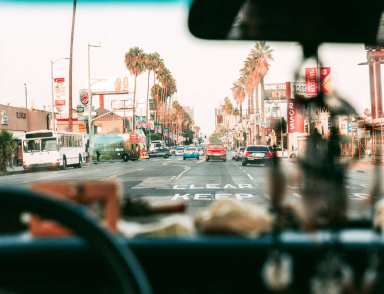How it works

Intake meeting with our case managers

Evidence gathering with our legal teams

Pre-litigation settlement efforts

Litigation

Resolution or trial/arbitration
Get started




